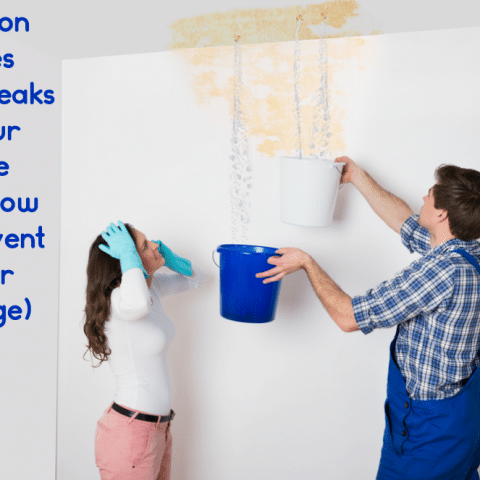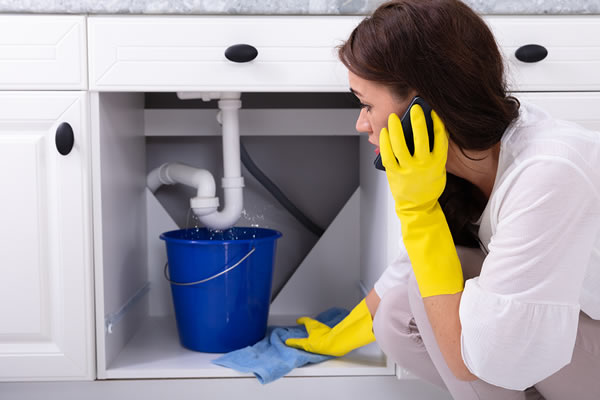The author is making several great observations regarding Detecting hidden plumbing leaks as a whole in the article following next.

Early detection of leaking water lines can mitigate a potential catastrophe. In addition to saving you money, it will certainly lessen the aggravation and disappointment. The moment you locate a leak, calling your plumber for repair work is the very best remedy. Some little water leaks may not be noticeable. If you can not discover it with your nude eyes, right here are some hacks that help.
1. Analyze the Water Meter
Every residence has a water meter. Examining it is a surefire way that assists you uncover leaks. For starters, shut off all the water resources. Ensure no one will purge, make use of the faucet, shower, run the washing maker or dishwasher. From there, most likely to the meter and also watch if it will transform. Since no person is utilizing it, there must be no movements. If it moves, that suggests a fast-moving leak. If you find no modifications, wait an hour or two and examine back once again. This indicates you may have a slow leak that could also be below ground.
2. Inspect Water Consumption
Assess your water expenses and track your water consumption. As the one paying it, you should see if there are any type of inconsistencies. If you spot sudden changes, regardless of your usage being the same, it suggests that you have leaks in your plumbing system. Bear in mind, your water costs need to drop under the same range monthly. A sudden spike in your costs suggests a fast-moving leakage.
A consistent increase every month, even with the very same habits, reveals you have a slow leak that's additionally slowly escalating. Call a plumber to completely check your residential or commercial property, specifically if you really feel a warm location on your flooring with piping beneath.
3. Do a Food Coloring Examination
When it comes to water intake, 30% comes from toilets. If the shade in some way infiltrates your dish during that time without flushing, there's a leak in between the tank and also bowl.
4. Asses Exterior Lines
Don't neglect to check your outdoor water lines as well. Needs to water permeate out of the link, you have a loose rubber gasket. One small leakage can waste heaps of water as well as spike your water bill.
5. Examine and Analyze the Scenario
Property owners ought to make it a habit to examine under the sink counters as well as even inside closets for any type of bad odor or mold development. These two warnings suggest a leak so punctual attention is needed. Doing routine examinations, also bi-annually, can save you from a significant problem.
More significantly, if you know your residence is already old, maintain a watchful eye on your heaters, tubes, pipes etc. Check for discolorations and also compromising as most pipelines and also appliances have a life span. They will likewise normally deteriorate because of wear and tear. If you think dripping water lines in your plumbing system, do not await it to escalate. Call a specialist plumber immediately so you do not wind up with a terrible mess in your house.
Early detection of leaking water lines can alleviate a prospective catastrophe. Some small water leakages might not be noticeable. Examining it is a proven means that helps you discover leaks. One tiny leak can throw away bunches of water and surge your water expense.
If you think leaking water lines in your plumbing system, don't wait for it to intensify.
How to Know If Your Home Has a Hidden Leak
Water Meter Reveals Inexplicable Water Usage
If you’d like to test whether or not there’s a leak somewhere in your home, you can do this using your water meter. Here is how to conduct the test:
Don’t use any water in your home for at least 30 minutes; this also means not turning on faucets or water-using appliances.
Go outside, and check your water meter for activity.
If your water meter shows that there was activity, even though no one was using any water, this proves that there is a leak in your home.Visible Mold or Mildew Growth
Leaks behind walls create moist, dark environments that allow mold and mildew to grow and thrive. Eventually, you might see mold growth forming on the wall closest to a hidden leak.
If mold is growing in an area that receives a high amount of moisture, such as a bathroom, it may simply be an indication that better ventilation is needed. However, if you see mold growth on a wall or the ceiling in an area where you would not expect, you probably have a hidden leak.
Musty, Mildew Odor
Sometimes you might not be able to see the mold or mildew that is growing as a result of a leak. However, the smell can give the problem away just as easily. If you catch a whiff of something musty, there’s a good chance that old water is collecting somewhere in your home that you can’t see.
Stained/Warped Walls, Ceilings, or Floors
When your home soaks up water, a variety of red flags can become visible, including ceiling stains, bubbling drywall, warped walls, and sagging floors. While these issues can be caused by excess humidity, they can also be signs that a pipe or plumbing connection has started leaking behind your walls.
Inexplicably High Water Bill
After a while, you get a general sense for what your water bill should be. If you own a pool or sprinkler system, your bill will tend to be higher during summer. However, if you receive a water bill that seems especially high, and you can’t figure out what caused it, then you may have a hidden leak somewhere that’s increasing your bill.
https://www.plumbingjoint.com/blog/2019/july/how-to-know-if-your-home-has-a-hidden-leak/

I recently found that blog posting on Hacks to detect leaks while doing a lookup on the web. In case you liked our article please don't forget to pass it around. We enjoy reading our article about Hacks to detect leaks.